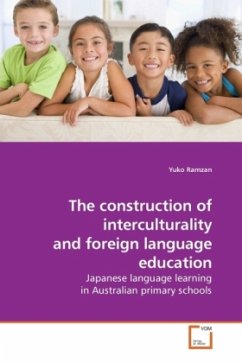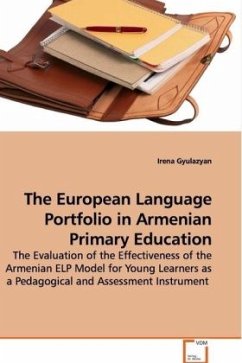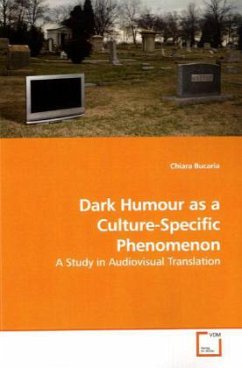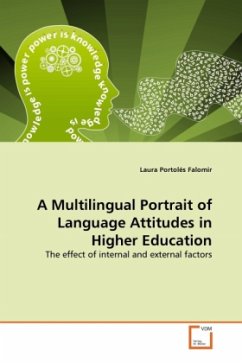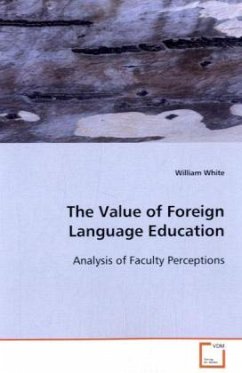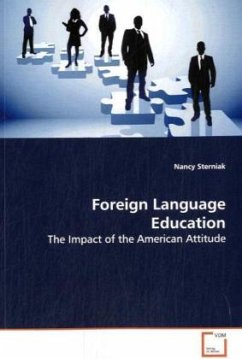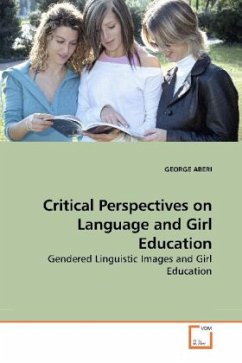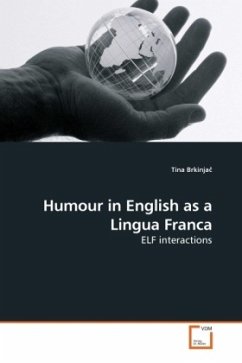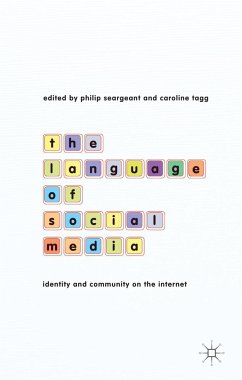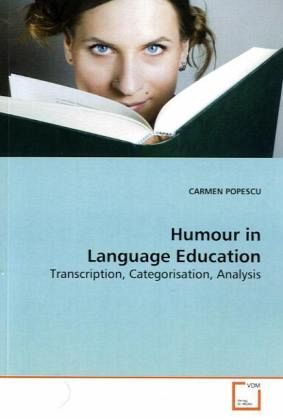
Humour in Language Education
Transcription, Categorisation, Analysis
Versandkostenfrei!
Versandfertig in 6-10 Tagen
66,81 €
inkl. MwSt.

PAYBACK Punkte
33 °P sammeln!
This book has been written on the assumption that aview of life based on the humorous acceptance of aplurality of meanings is more comprehensive andrewarding than one which takes for granted theexistence of one real world, which separates humourfrom the realm of the serious. This view canconstitute the source of an interest in theexamination of humour in a social settingtraditionally associated with solemnity, i.e. theclassroom. The present study is about the role ofhumour in language education, focusing principally onthe examination of humorous interaction. The studyuses spoken data in a natu...
This book has been written on the assumption that a
view of life based on the humorous acceptance of a
plurality of meanings is more comprehensive and
rewarding than one which takes for granted the
existence of one real world, which separates humour
from the realm of the serious. This view can
constitute the source of an interest in the
examination of humour in a social setting
traditionally associated with solemnity, i.e. the
classroom. The present study is about the role of
humour in language education, focusing principally on
the examination of humorous interaction. The study
uses spoken data in a naturalistic setting and draws
on traditions of classroom discourse analysis,
conversation analysis and (micro)ethnography. Foreign
language classroom-specific humour is described, a
form of humour characteristic of foreign language
classrooms, which facilitates learning by
transmitting knowledge in the form of humorous talk
around the text. The conclusions should be especially
useful to textbook writers, teachers and teacher
educators who may be interested in using humour in
their language classes.
view of life based on the humorous acceptance of a
plurality of meanings is more comprehensive and
rewarding than one which takes for granted the
existence of one real world, which separates humour
from the realm of the serious. This view can
constitute the source of an interest in the
examination of humour in a social setting
traditionally associated with solemnity, i.e. the
classroom. The present study is about the role of
humour in language education, focusing principally on
the examination of humorous interaction. The study
uses spoken data in a naturalistic setting and draws
on traditions of classroom discourse analysis,
conversation analysis and (micro)ethnography. Foreign
language classroom-specific humour is described, a
form of humour characteristic of foreign language
classrooms, which facilitates learning by
transmitting knowledge in the form of humorous talk
around the text. The conclusions should be especially
useful to textbook writers, teachers and teacher
educators who may be interested in using humour in
their language classes.



